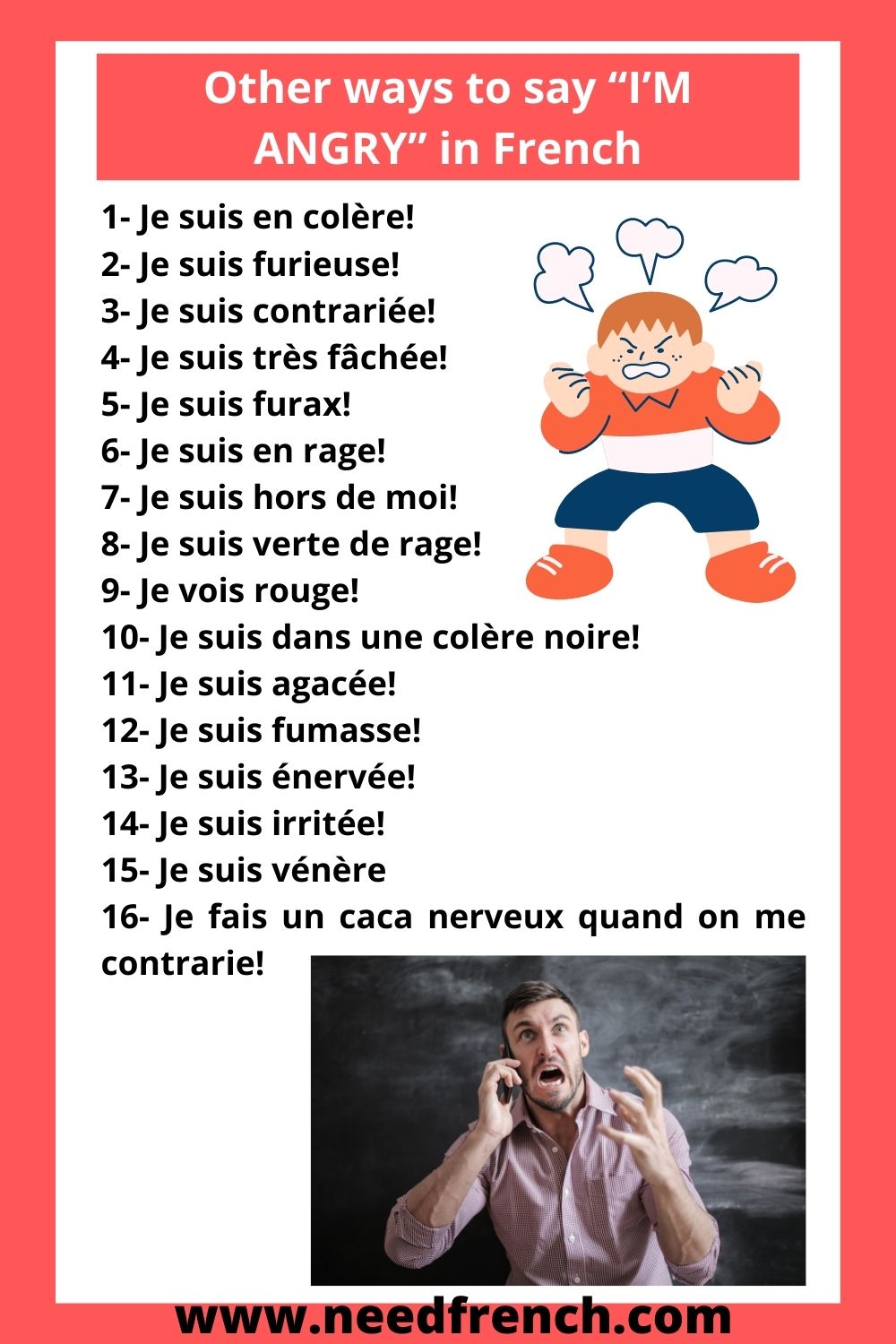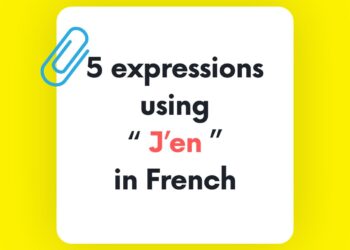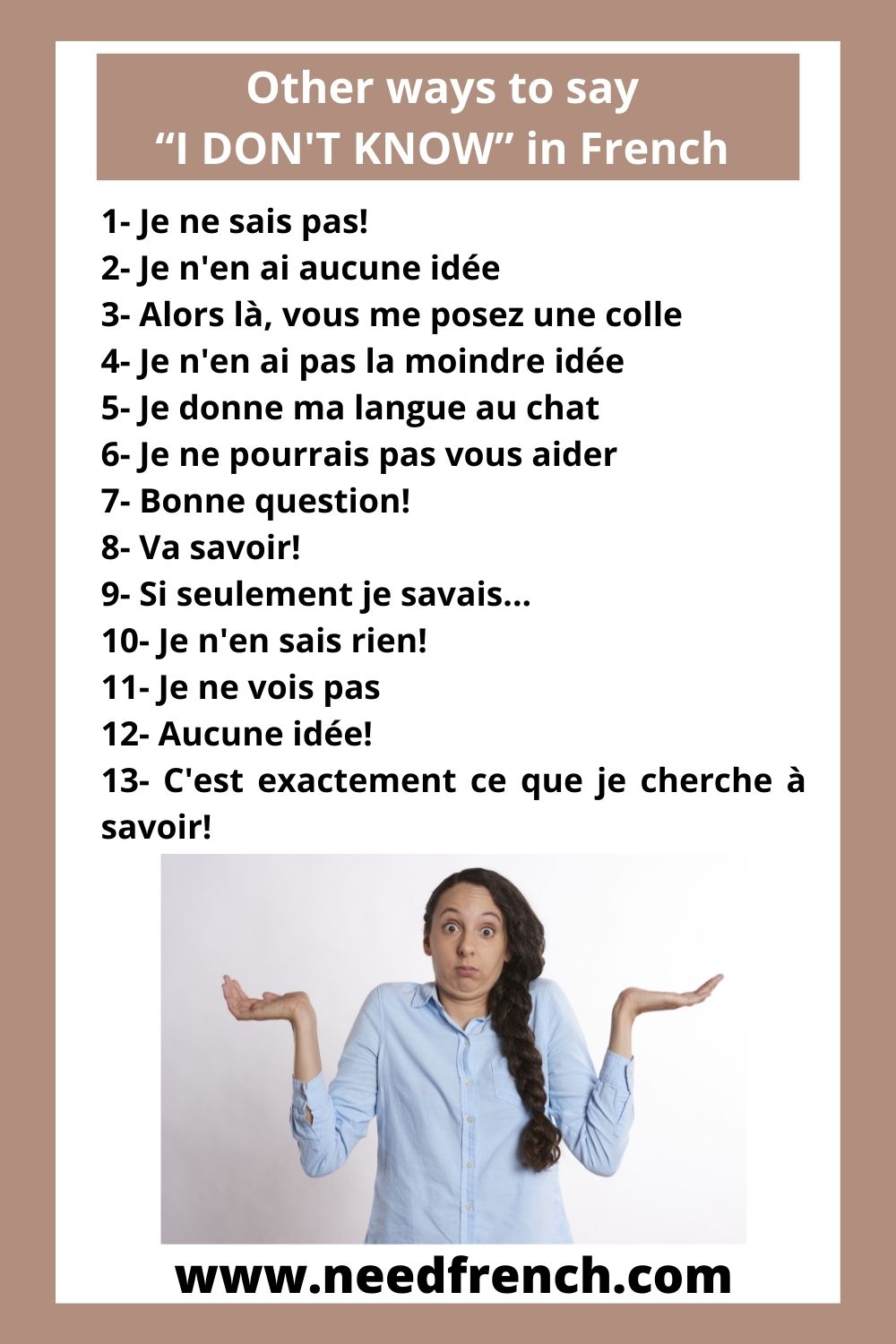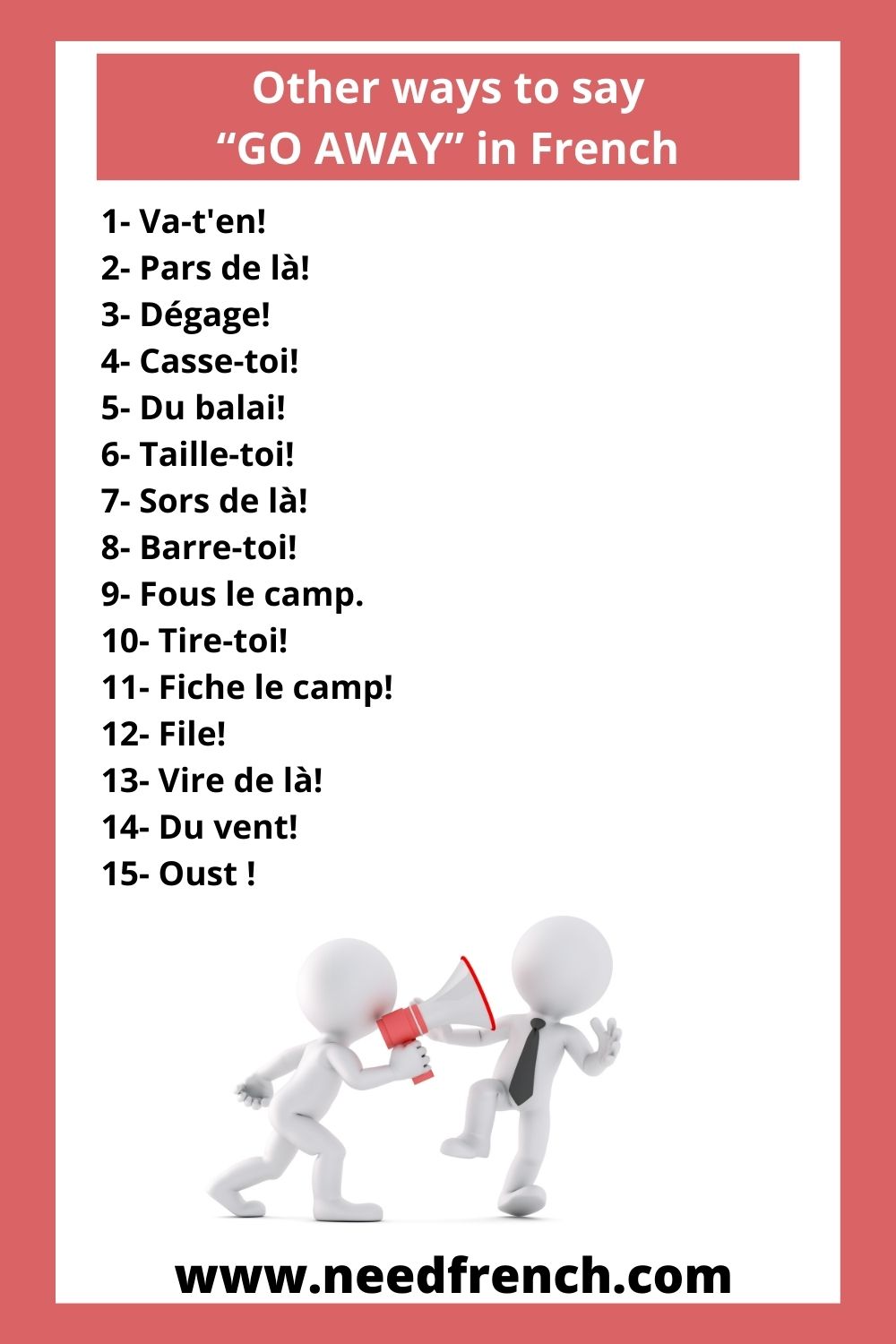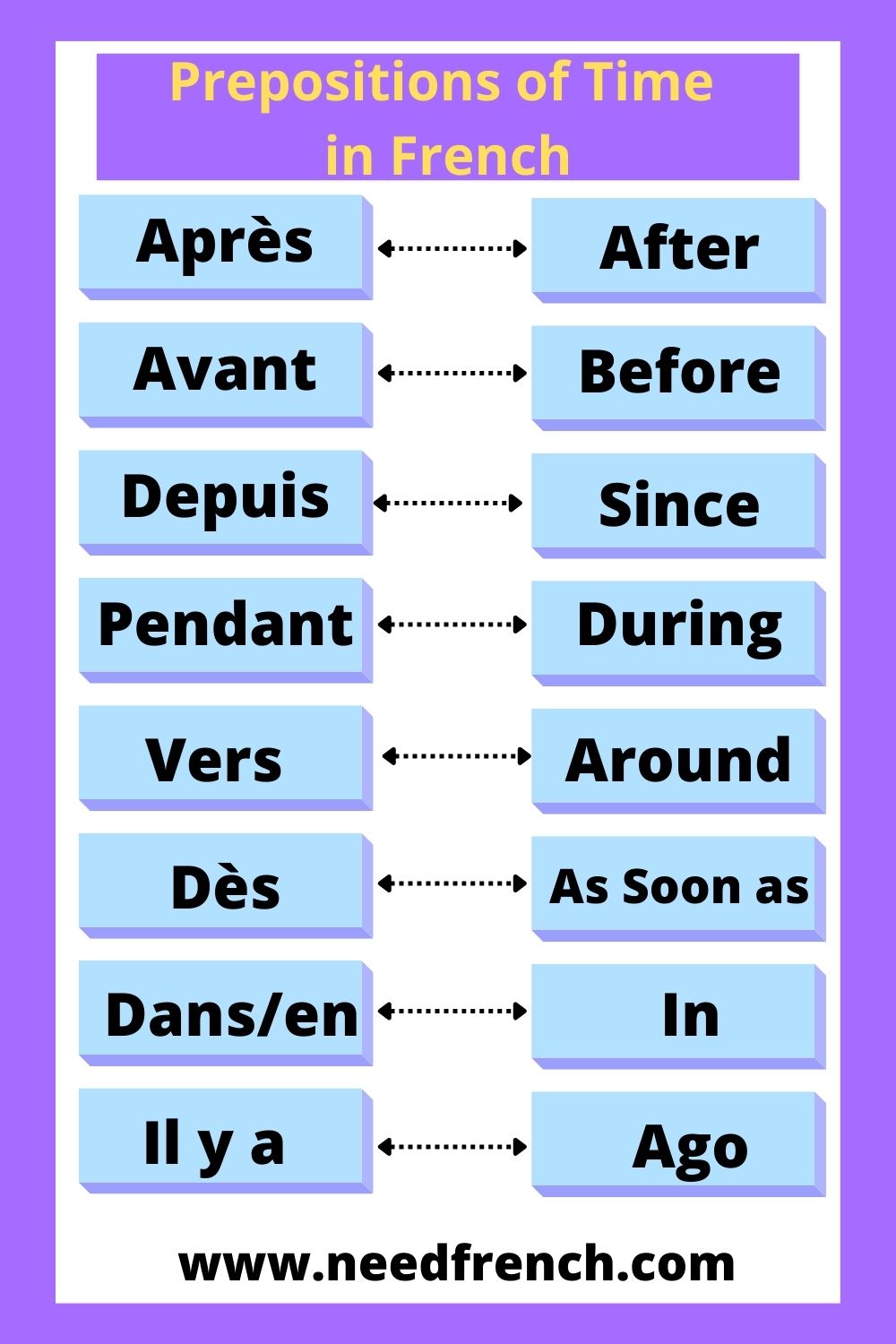Learning to admit you’re wrong is a valuable life skill, and it’s even more impressive when you can do it in French! In this article, we’ll explore 13 different ways to say “I was wrong” in French, ranging from formal to informal expressions. Whether you’re a beginner or looking to add some flair to your French conversations, these phrases will help you navigate those moments when you need to own up to a mistake.
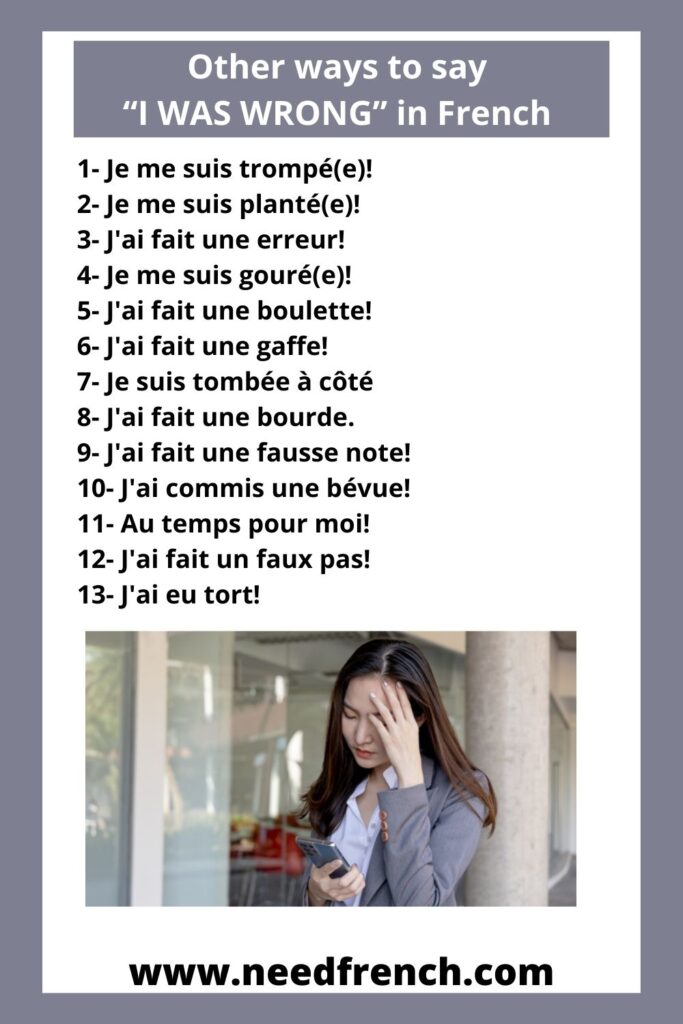
Table of Contents
ToggleThe Classic: “Je me suis trompé(e)”
Let’s start with the most common expression:
- Je me suis trompé(e) – This is the standard way to say “I was wrong” or “I made a mistake.” Formality: Neutral – Suitable for most situations. Note: Use trompé for masculine, trompée for feminine.
12 More Ways to Admit Your Mistake
Now, let’s dive into other colorful expressions to convey the same meaning:
- Je me suis planté(e) – Literally “I planted myself,” meaning “I messed up.” Formality: Informal – Best used among friends or in casual settings.
- J’ai fait une erreur – “I made an error.” Formality: Neutral to Formal – Appropriate for professional or academic contexts.
- Je me suis gouré(e) – “I got it wrong.” Formality: Very Informal – Use with close friends or in very relaxed situations.
- J’ai fait une boulette – Literally “I made a small ball,” similar to “I made a blunder.” Formality: Informal – Playful way to admit a mistake in casual conversations.
- J’ai fait une gaffe – “I made a blunder.” Formality: Informal – Common in everyday speech, but avoid in formal settings.
- Je suis tombé(e) à côté – Literally “I fell beside,” meaning “I missed the mark.” Formality: Informal – Expressive way to admit you were off the mark.
- J’ai fait une bourde – “I made a blunder.” Formality: Informal – Similar to “J’ai fait une gaffe,” but slightly more formal.
- J’ai fait une fausse note – Literally “I played a wrong note,” used figuratively. Formality: Neutral – Can be used in various situations, especially when you’ve disrupted harmony.
- J’ai commis une bévue – “I committed an error.” Formality: Formal – Suitable for professional or literary contexts.
- Au temps pour moi – Equivalent to “My mistake” or “I stand corrected.” Formality: Neutral to Formal – Polite way to acknowledge an error, often used in writing.
- J’ai fait un faux pas – Literally “I made a false step,” used figuratively. Formality: Neutral to Formal – Can be used in social or professional contexts.
- J’ai eu tort – “I was wrong” or “I was at fault.” Formality: Neutral to Formal – Direct way to admit you were incorrect, suitable for various situations.
How to Use These Expressions
- In formal or professional settings, stick to neutral or formal expressions like “J’ai fait une erreur” or “J’ai commis une bévue.”
- For everyday conversations, “Je me suis trompé(e)” or “J’ai fait une gaffe” are safe choices.
- Save the very informal expressions like “Je me suis gouré(e)” for close friends or casual situations.
- Consider the severity of the mistake when choosing your expression. “J’ai fait une boulette” is lighter than “J’ai eu tort.”
Practice Activity
Try using these expressions in different scenarios:
- You gave your colleague incorrect information in a report. (Professional setting)
- You forgot your best friend’s birthday. (Casual setting)
- You misunderstood the teacher’s instructions for homework. (Academic setting)
Which expression would you use in each situation? Practice saying them out loud to improve your pronunciation!
Cultural Note
In French culture, admitting mistakes is generally appreciated and seen as a sign of maturity. However, the way you express it can impact how your admission is received. Using an appropriate level of formality shows respect for the situation and the people involved.
Conclusion
Learning these expressions will not only enrich your French vocabulary but also help you navigate social situations more gracefully. Remember, everyone makes mistakes – it’s how we handle them that matters!
What’s your go-to way of admitting you’re wrong in your native language? How does it compare to these French expressions? Share your thoughts in the comments below!
Want to improve your French further? Check out our other articles:
- 15 Ways to say “I’M FED UP” in French
- 11 Ways to say “I DON’T UNDERSTAND” in French
- 15 Ways to say “IN MY OPINION” in French
Bonne chance avec votre apprentissage du français ! (Good luck with your French learning!)
